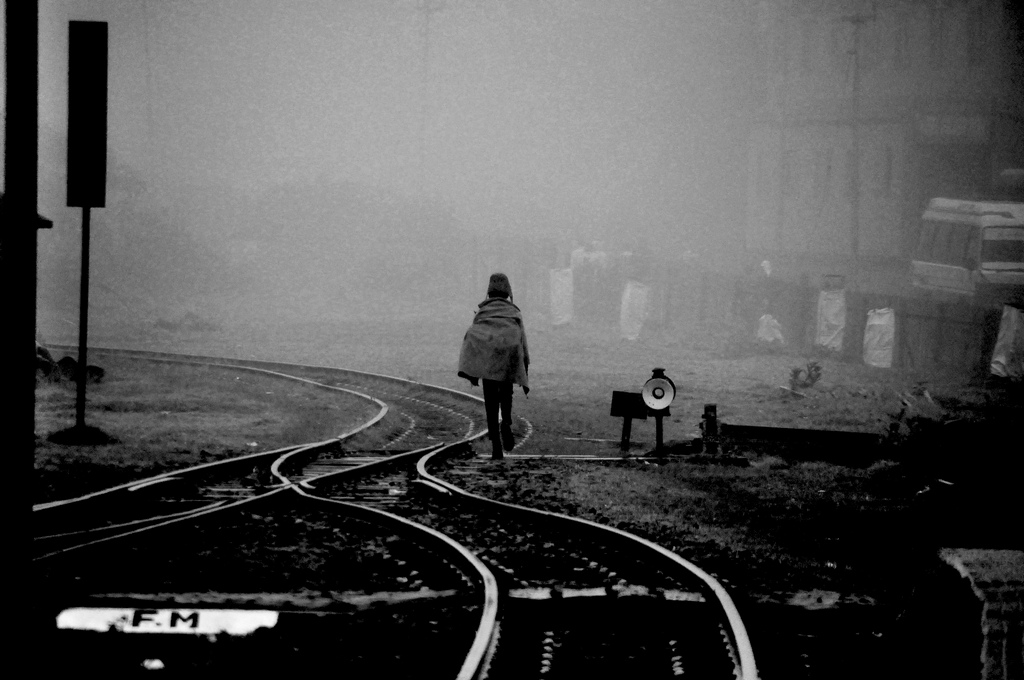Knowing that in a couple of days you will no longer have support from the Child Welfare Agency is scary.
Children or young adults who have been in the foster care system and emancipated out at 18 or 21 experience financial problems, homelessness, or both. This fact can bring feelings of frustration, fear, anxiety, depression, and loneliness. Many foster youth don’t have the support of their families; once they emancipate, all of the responsibilities are on them. This is not to say that youth who’ve emancipated shouldn’t have responsibilities, but how many 18 and 21 year olds can fully support themselves? Aftercare services are provided, sometimes; however, it still is not enough. A $1,000 gift card to Target can help furnish your home; that is, if you can afford a home at 18 and 21. Rapid Re-housing is available for one year to help emancipated youth pay rent, but what’s next after their one year is over? Youth usually have until the age of 23 to use Rapid Re-housing, but many youth cannot finding housing by then. Finding employment is hard, but many youth manage to find a job. But what happens if you’re in college full-time and grades start to slip because you’re working to try to survive “adulthood?” And with little experience and no college degree yet, youth most likely will not be able to find jobs paying more than the minimum wage.
Welfare is available; well, kind of. The Welfare system expects emancipated youth to live on $60 a month in food stamps.
Once you emancipate, it’s as if your life is over. Can we truly tell someone on the verge of emancipation, while considering the cost of living, that this is enough?
My transition preparation started when I was 20 years old. Two weeks before I emancipated, I began to panic and cry. I wrote a letter to the director of the D.C. Child and Family Services Agency, who at the time was Brenda Donald, to ask her for help with getting everything that I needed before my birthday. I was not able to get everything done; however, she did speed up the process on the most important issues.
On the day of my 21st birthday, I sat at my best friend’s house and cried. I was afraid. Afraid of going back to the life I lived before I entered foster care. I also felt abandoned. I spent five years in the foster care system, coming from a life of poverty, being around drugs, and seeing people be killed. Within those five years I felt safe, and I had gained the confidence to go back to school, graduate, and make it through my first three years of college with grades that surprised many people, including myself. But once the encouragement from the system is gone, you just feel like giving up again.
This is the same feeling that many other emancipated youth feel when the day of “adulthood” arrives.
For me, each month is a struggle. Being a full-time college student while stressing over whether or not you can afford to pay your phone bill, buy new clothes, or buy “real” food is a lot to take on. And on top of all of this, you now have to try and find another place to live.
My foster mom allowed me to stay with her, but she charged me $350 of the $659 that I receive monthly from SSI. I am left with a little over $300, with which I have to buy toiletries, pay my phone bill, pay for medication, cover transportation, try to get my hair done (can’t go to work with messed up hair), pay for printing and copying credit for school, and try to buy new clothes. Being a frugal person and creating a budget every month, along with therapy, has helped me survive.
Poverty doesn’t have a distinct characteristic. When I come to work or go to school, I present people with a smile, joke when appropriate, complete assignments…etc., but deep inside I’m actually hurting.








